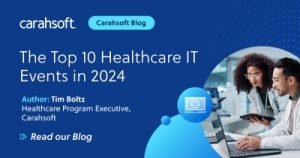
Identity management is the way organizations control access to resources to ensure that the right individuals have access to the right resources at the right time, and it is a key pillar of zero trust architecture. In a zero trust system, a user has to validate and verify their identity continually as they access data and systems. But to function well, this process has to be seamless for the end user. Traditional security measures dependent on passwords cannot scale to meet the needs of zero trust--imagine how time-consuming and frustrating it would be to continually enter a password every time you move to a new application or data set. Fortunately, there are several approaches organizations can use to achieve high levels of both security and useability.
FIDO
Fast identity online (FIDO) is an authentication standard designed to improve security and convenience in identity management by eliminating reliance on traditional passwords. Strong authentication is achieved by using biometrics (such as fingerprints or facial recognition), security keys, or PINs stored on a local device. Continue reading








